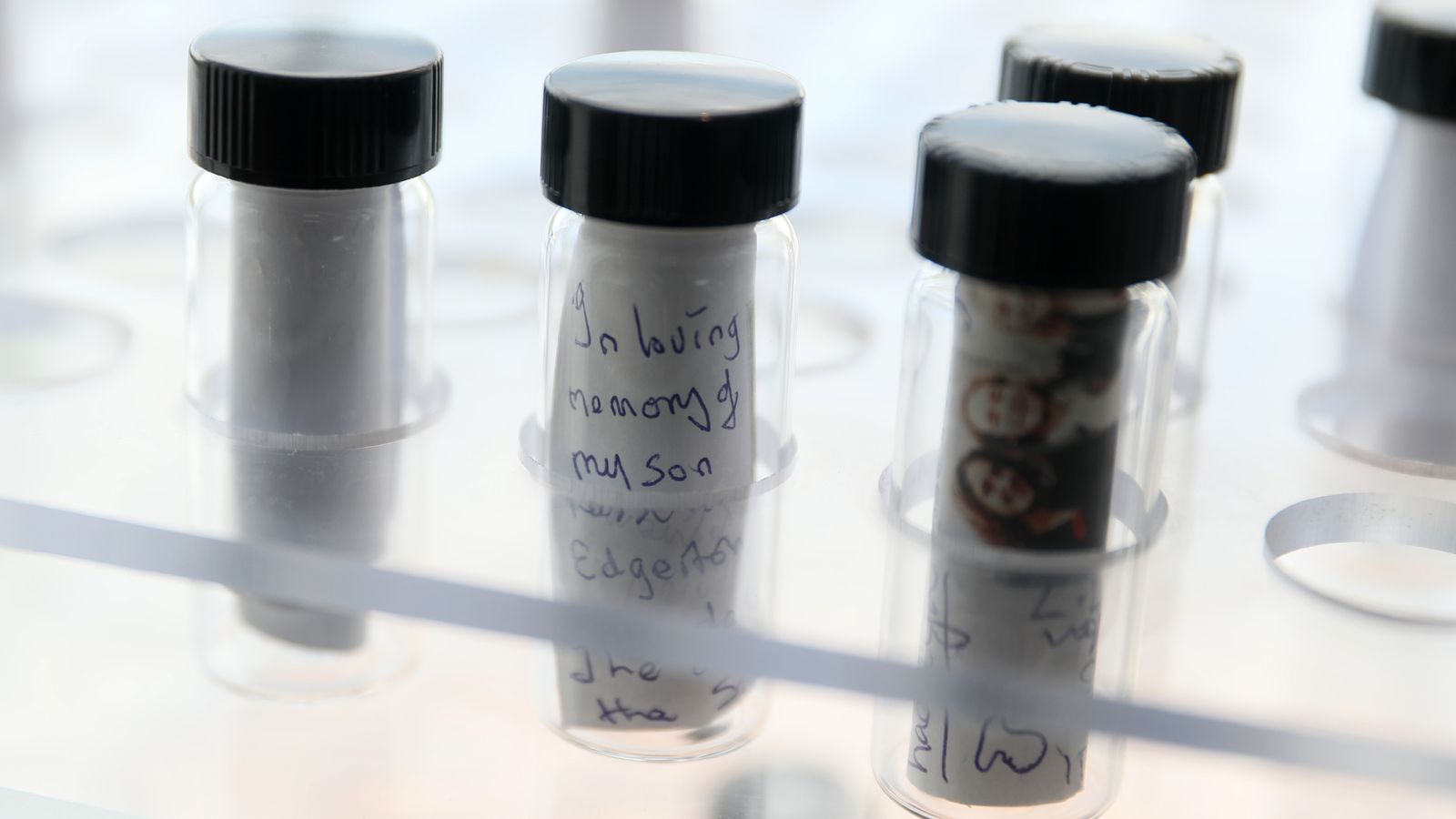The victims of the worst treatment disaster in the history of the NHS have welcomed the government’s decision to review compensation payments and financial support as a significant step forward in their 40 year-long battle for justice.
Announcing details of the changes to payments for the thousands of people whose lives were destroyed by the use of contaminated blood products, Paymaster General Penny Mordaunt said: “Today I am providing an update on parity of financial support, the commitment to considering a compensation framework, and enhancements to the psychological support for the victims of the Infected blood tragedy.”
This is the first time and the closest any government has come to accepting official blame for the scandal.
In the 1970s and 1980s 4,689 people with haemophilia and other bleeding disorders were infected with HIV and hepatitis viruses through the use of contaminated blood products.
A lot of victims who did not have a bleeding disorder were infected with hepatitis C as a result of blood transfusions during that period.
Many were unaware of their infection for years before diagnosis and some 25,000 people may have been infected as a result.
No compensation has ever been paid to the UK victims of the contaminated blood scandal.
Victims and their families receive financial assistance through the Infected Blood Support Schemes but there are regional discrepancies meaning payments are higher in some regions of the UK than others.
The Haemophilia Society, and others, have been campaigning for parity of the four support schemes since the start of the Infected Blood Inquiry in 2018.
Its chairman Clive Smith said: “The UK’s financial support system for victims of contaminated blood and their bereaved partners has been deeply flawed, divisive and unfair. All UK victims were infected as a result of NHS treatment and should receive the same support regardless of where they live.
“Today’s news gives us hope that UK victims will finally receive the support they have fought for decades to achieve, alleviating the grinding hardship highlighted so shockingly in the ongoing Infected Blood Inquiry.”
The government has also announced an independent review to examine proposals for a compensation scheme.
The review is separate from the continuing public inquiry and will prepare a potential compensation framework ready to be implemented in response to any recommendations made by the inquiry when it concludes in autumn next year.






















